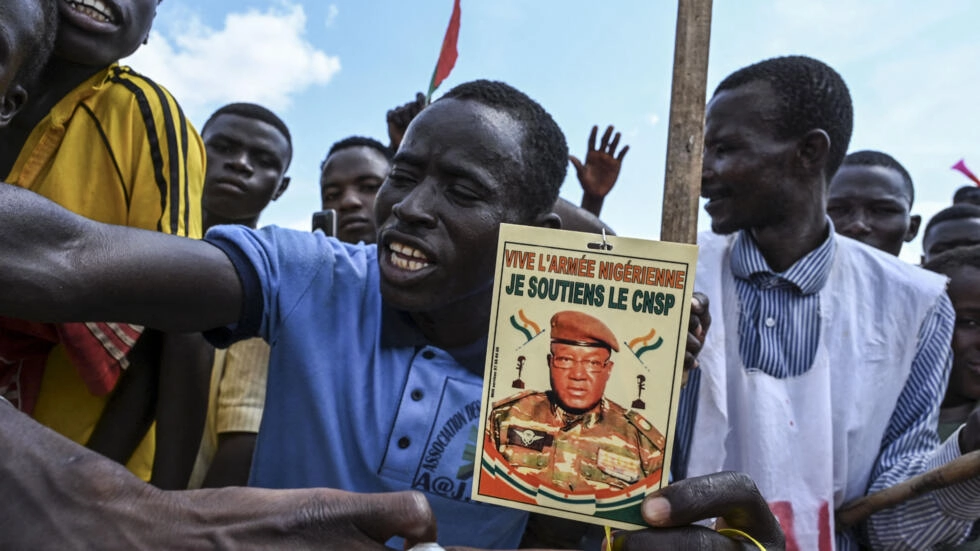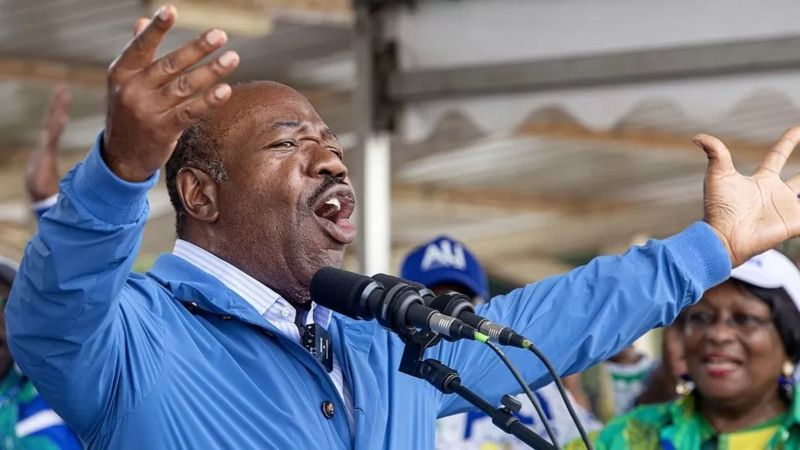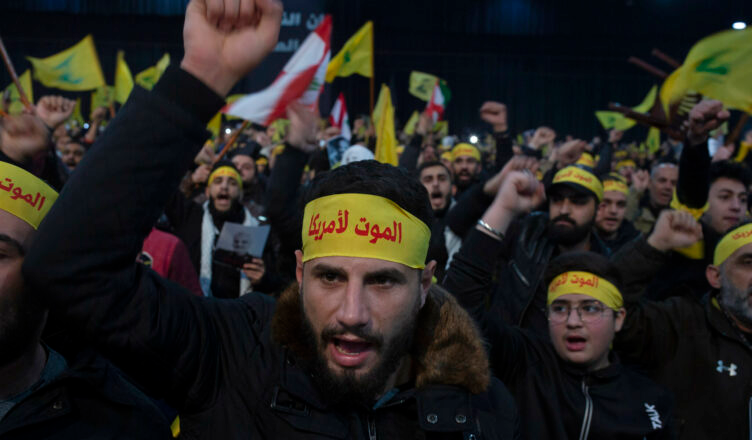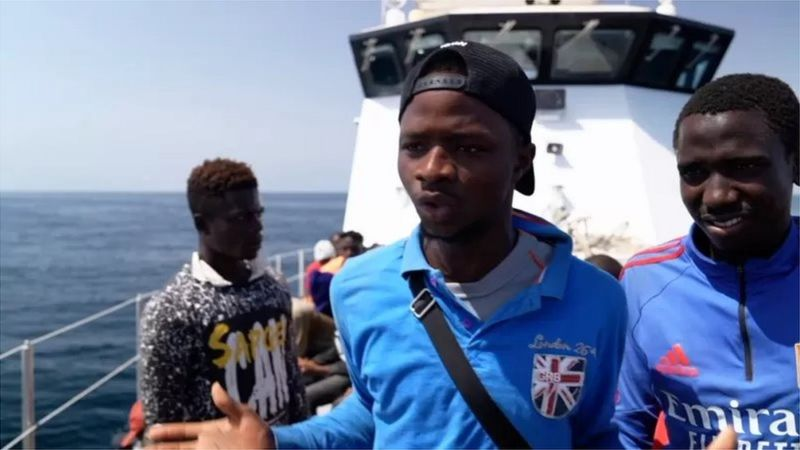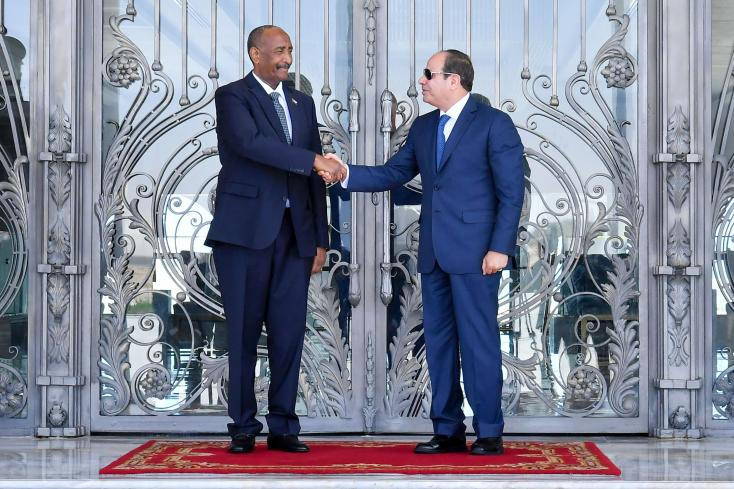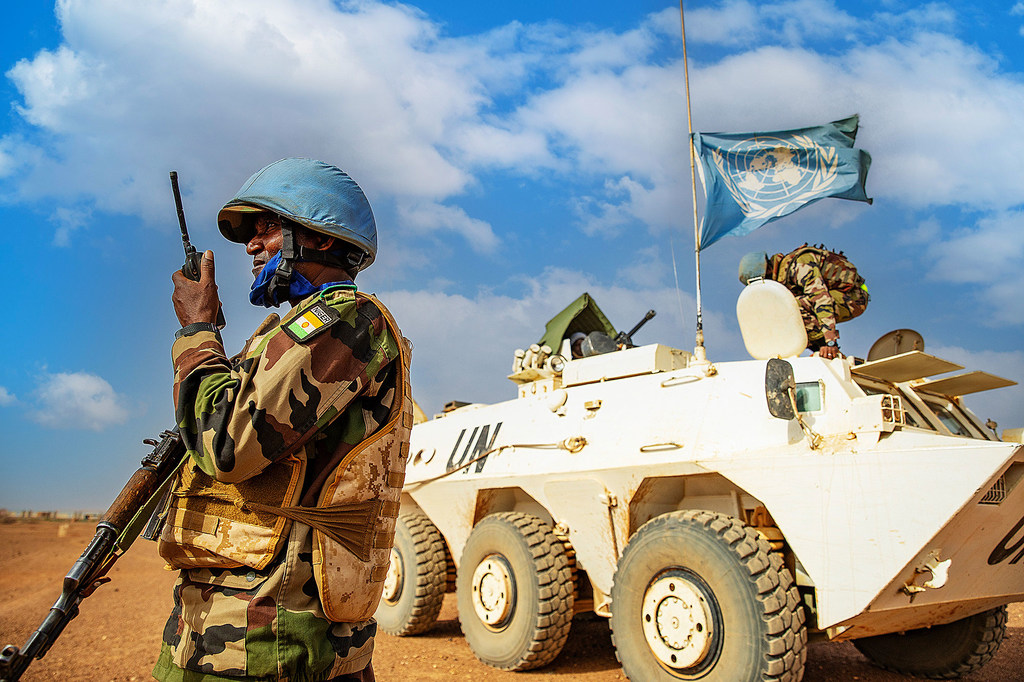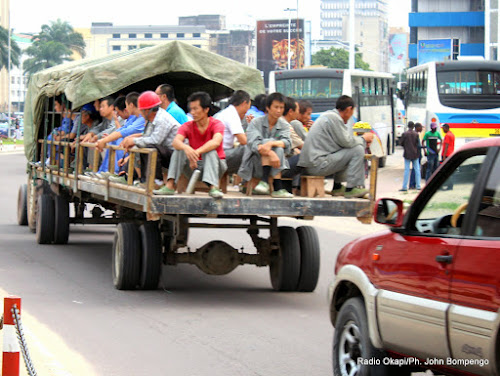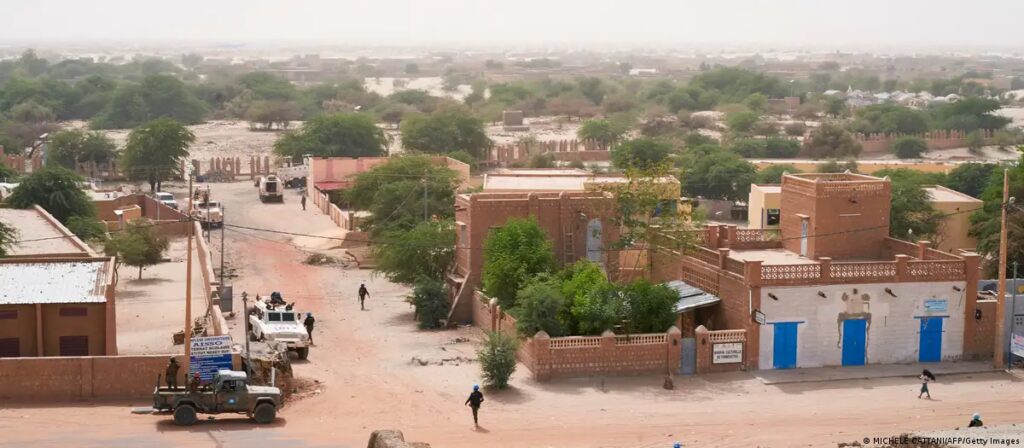Au Sénégal, Fass Boye, port d’embarquement clandestin pour les Canaries
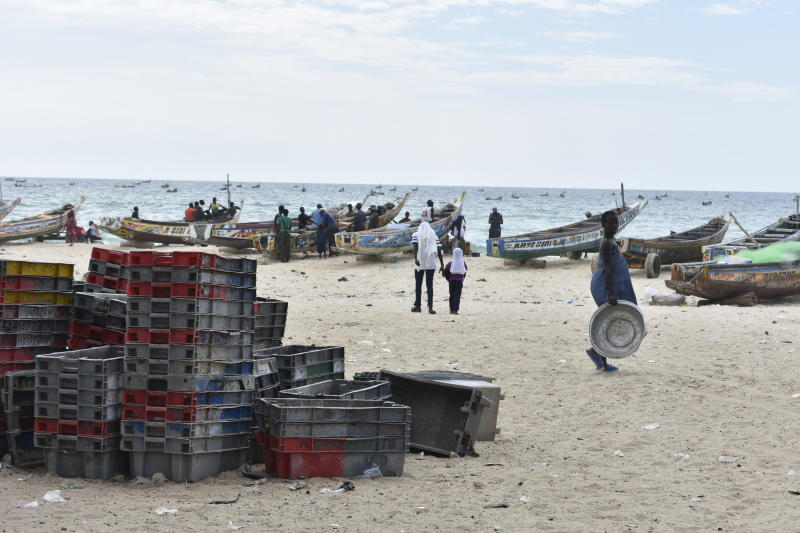
Plus de 1 500 km séparent le village de pêcheurs du territoire espagnol. Malgré la grande dangerosité de cette route migratoire, les jeunes, désœuvrés, sans espoir, continuent de partir.
A l’abri sous une paillote de fortune sur la plage de sable blanc, Babacar Dièye regarde quelques pêcheurs sortir deux maigres caisses de poissons de leur pirogue colorée. Des gestes répétés à maintes reprises avec son frère de 37 ans qui a disparu dans le bateau secouru le 15 août au large du Cap-Vert, qui avait pour objectif de rejoindre clandestinement les îles espagnoles des Canaries. « Je suis encore sous le choc… Nous n’avons pas de corps, ni personne pour nous expliquer les raisons de son décès, c’est trop dur », se lamente le pêcheur, qui a pris en charge la veuve et les quatre enfants du disparu.

